Search
Search Results
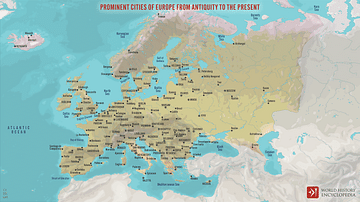
Definition
Europe
Europe is a continent forming the westernmost part of the land mass of Eurasia and comprised of 49 sovereign states. Its name may come from the Greek myth of Europa, but human habitation of the region predates that tale, going back over 150,000...
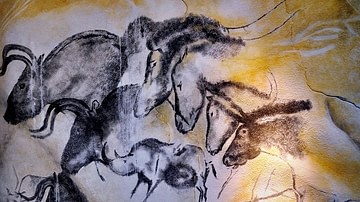
Definition
Stone Age
From the dawn of our species to the present day, stone-made artefacts are the dominant form of material remains that have survived to today concerning human technology. The term “Stone Age” was coined in the late 19th century...
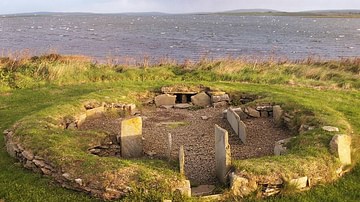
Definition
Neolithic Period
The term Neolithic Period refers to the last stage of the Stone Age - a term coined in the late 19th century CE by scholars which covers three different periods: Palaeolithic, Mesolithic, and Neolithic. The Neolithic period is significant...
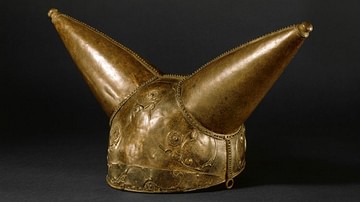
Collection
The Celts of Ancient Europe
In this collection, we examine in detail the Celtic peoples of ancient Europe. We look at their origins in central Europe with the Hallstatt and La Tène cultures, the warfare and migration of the Celts, their society, art, religious beliefs...
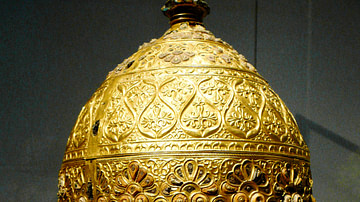
Definition
Ancient Celts
The ancient Celts were various tribal groups living in parts of western and central Europe in the Late Bronze Age and through the Iron Age (c. 700 BCE to c. 400 CE). Given the name Celts by ancient writers, these tribes and their culture...
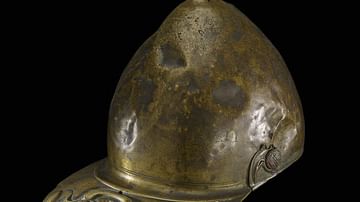
Definition
Celtic Warfare
The Celts were a linguistic group which spanned across a wide geographic area and included numerous cultures and ethnicities. Because of this fact, the traditions, practices, and lifestyles of Celtic-speaking peoples varied considerably...
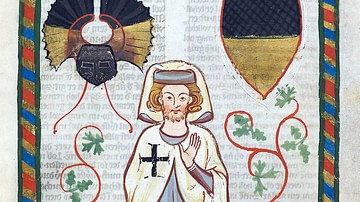
Definition
Teutonic Knight
A medieval Teutonic Knight was a member of the Catholic military Deutscher Orden or Teutonic Order, officially founded in March 1198 CE. The first mission of the Teutonic knights was to help retake Jerusalem from the Arabs in the Third Crusade...
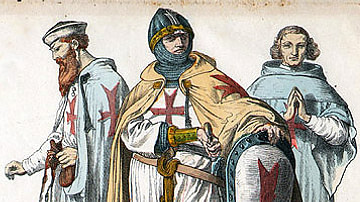
Definition
Knights Templar
The Knights Templar were established c. 1119 and given papal recognition in 1129. It was a Catholic medieval military order whose members combined martial prowess with a monastic life to defend Christian holy sites and pilgrims in the Middle...
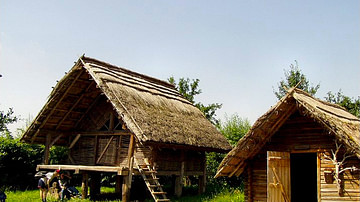
Definition
Hallstatt Culture
The Hallstatt culture is named after the site of that name in Austria and it flourished in central Europe from the 8th to 6th century BCE. The full period of its presence extends from c. 1200 to c. 450 BCE - from the Late Bronze Age to the...
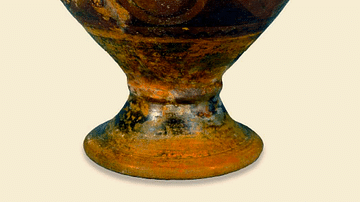
Definition
Ancient Celtic Pottery
The pottery of the ancient Celts, although produced over great distances in space and time, shares several common features no matter where it was made, illustrating that there was contact between people living as far apart as Brittany and...